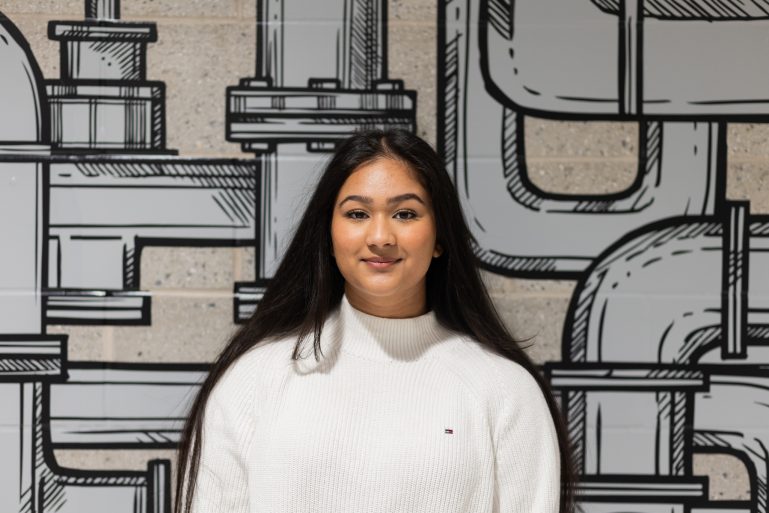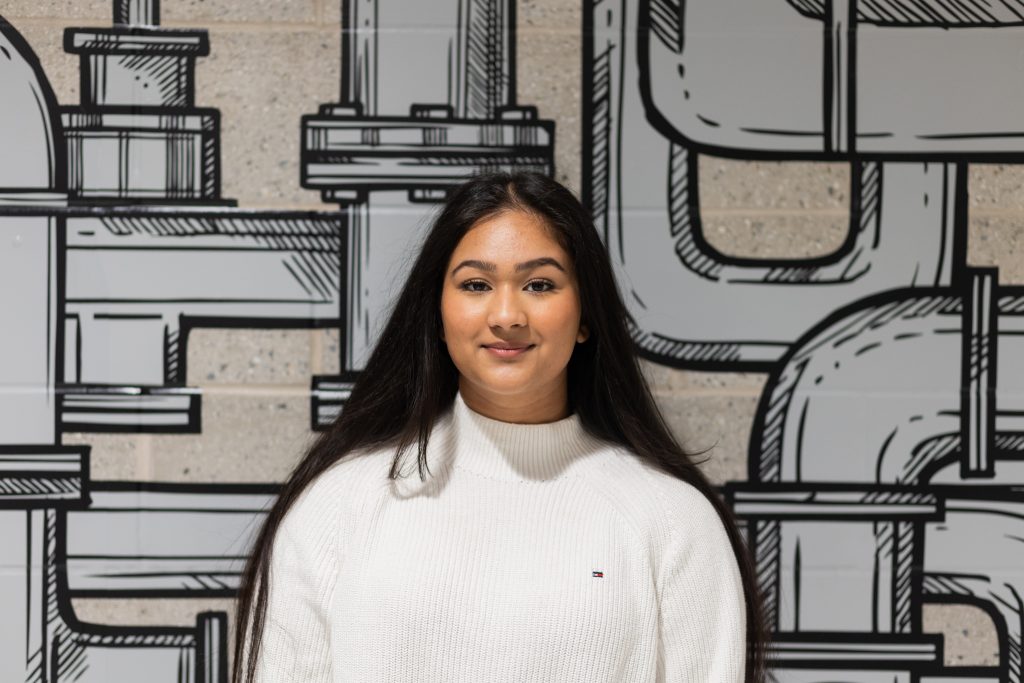 It occurs on the first Tuesday after the first Monday of every November, and happens to be a day no one except politics-fanatics look forward to. It is a tumultuous 24 hours of projected winners, interviews with voters in remote counties and last-minute pleas from presidential hopefuls. Most would say that the fate of our country rests on this day. If this is the case, why do so so many people not show up to take part during Election Day?
It occurs on the first Tuesday after the first Monday of every November, and happens to be a day no one except politics-fanatics look forward to. It is a tumultuous 24 hours of projected winners, interviews with voters in remote counties and last-minute pleas from presidential hopefuls. Most would say that the fate of our country rests on this day. If this is the case, why do so so many people not show up to take part during Election Day?
According to the Pew Research Center, only 62.8 percent of the voting-age population voted in the most recent presidential election. Among 50 different developed democracies, the United States lags behind in the 31st position for voter turnout rates. If this democratic nation was founded over 240 years ago, why does more of the population of Sweden show up to vote, despite it becoming a democracy only during the last century? United States democracy is much more mature, and the idea that we lag so far behind in voting rates is extremely disturbing.
Some attribute high voter turnout to compulsory voting laws. Twenty-seven countries with democratic elections have laws that in some way mandate citizens to fulfill their civic duty of voting. Instead of the voluntary encouragement voters face in the United States, these countries have penalties in the form of fines, revocation of privileges and jail time. But, forcing voters to cast ballots is not apart of American philosophy. While certainly ensuring that the democratic freedom that comes with the right to vote is carried out, this betrays the ideals of freedom and liberty that are so important to our country. In America, voting is seen as an option to exercise and the lack of obligation is extraordinarily important to American ideals. Therefore, compulsory voting is not a viable alternative to explore.
Others attribute the high voter turnout to these countries having their election days on weekends or public holidays when most citizens do not have to go to work. That could be another important factor for democratic researchers to focus on. Although 29 United States states in some shape or form mandate time off to allow employees ample time to vote, 21 states remain without these laws. Aside from going to the ballot box on a random Tuesday, many Americans’ lives operate as usual on election day — they wake up, go to work and come back home with barely enough time left before the polls close. With the hustle and bustle of everyday life, the fate of the future gets put on the back burner — something we should not even be able to fathom, much less allow to happen. This needs to change.
But is that the real reason turnout is so low? Although politics has always been polarizing, now more than ever it has impacted our faith in democracy. The stagnation in Congress, the personal attacks between presidential candidates and the social criminalization of those who hold opposing beliefs have all contributed to Americans taking a major step back from the system that could rectify these issues. Perhaps Americans are using their choice not to vote as a form of expression to let the governing bodies of our country know that they are sick and tired of their antics. So, given these polarizing conditions, can a day off really remedy an issue that has Americans questioning whether or not they should participate in one of the most important democratic traditions of our nation?
The answer to that question is yes. A day off work separates election day from every other normal day in the year. It allows people to celebrate our country, something Americans haven’t found a reason to do in recent years.
Making election day a federal holiday would not only allow people to have time to get to the polls, but would allow us to remember the ideals that this country was founded on. Federal recognition and gratitude for the sacrifices made to get here will not only encourage Americans to go out and vote but will encourage them to once again find comfort and empowerment in our legacy — democracy.
The United States has always been a beacon of hope to individuals under non-democratic leadership, but strains on voting have taken a toll on the perceived global strength of democracy. If the world’s oldest and greatest democracy seems to be faltering in going to the ballot box once a year, how can other aspiring nations even come close to being a part of the free world? The elected officials of this country need to do more, more to preserve our legacy, more to create a free world, more to salvage our democracy — and that starts by getting us to the polls.
Jai Kaur is a freshman double-majoring in political science and economics.
Views expressed in the opinions pages represent the opinions of the columnists. The only piece which represents the views of the Pipe Dream Editorial Board is the Staff Editorial.



